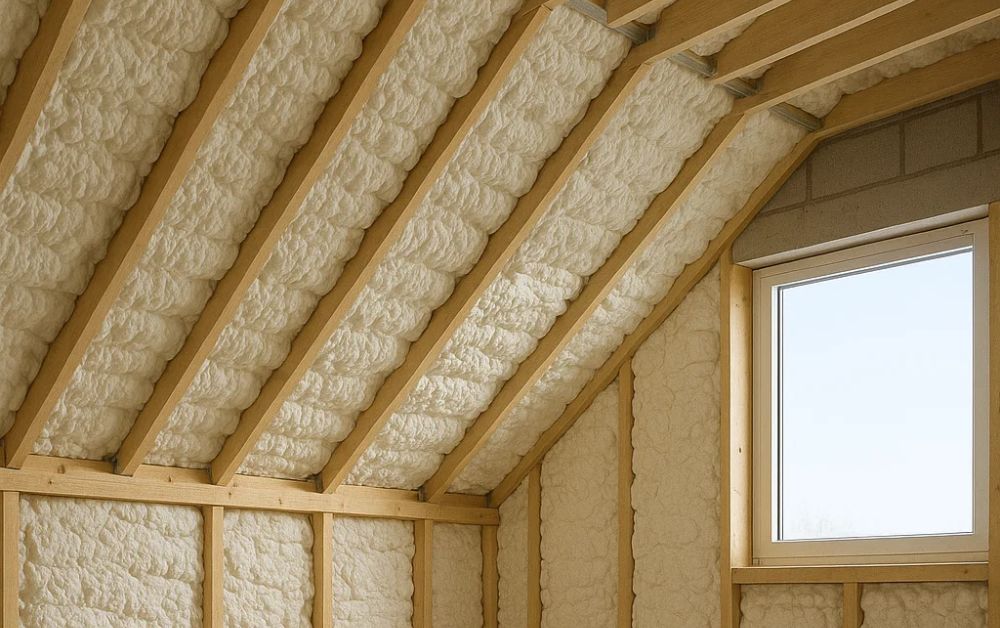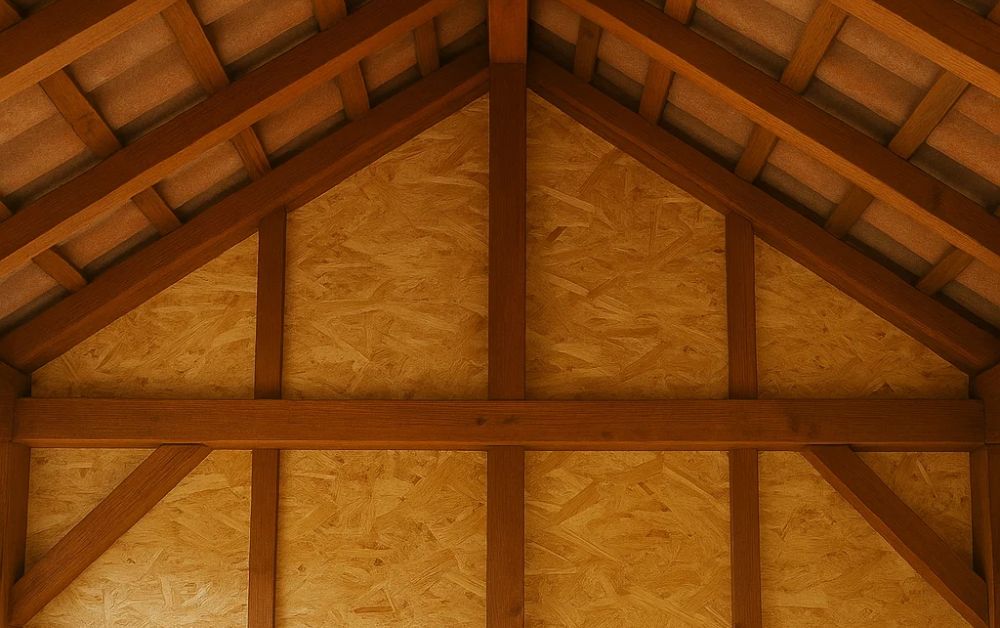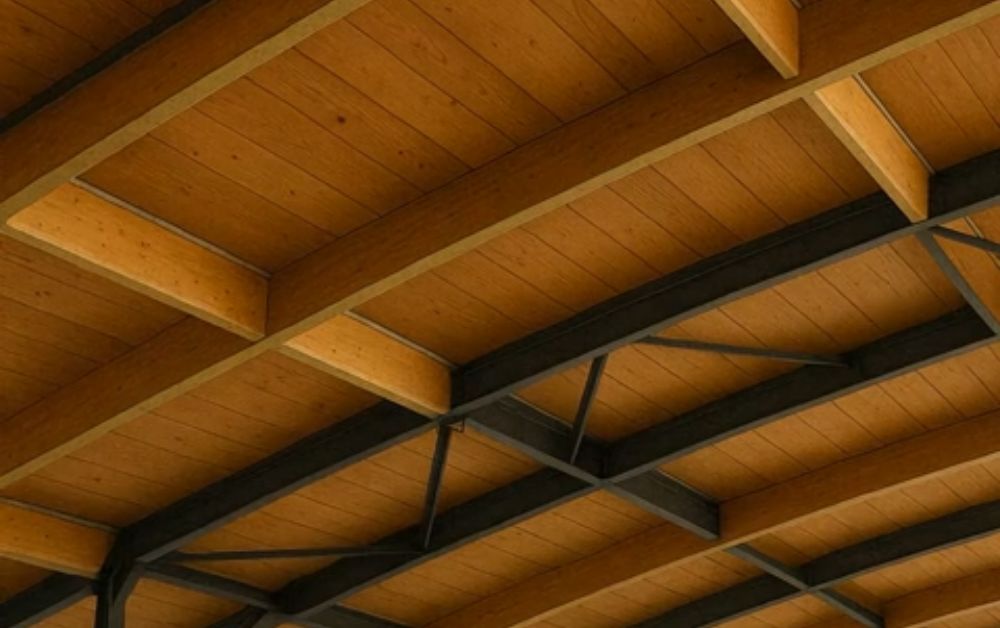In an era when people are working from home more than ever, open-plan offices have become standard, and urban density is on the rise, noise control is no longer an afterthought—it’s an essential part of modern living and working. Whether you’re designing a new building or renovating an existing one, acoustic insulation is poised to be a true game-changer for any space in 2025.
Acoustic insulation, sometimes called soundproofing insulation, involves specialized materials designed to absorb, block, or dampen sound vibrations. Unlike traditional insulation, which mainly focuses on thermal performance, acoustic insulation is engineered to target noise transmission through walls, ceilings, and floors. In 2025, advancements in materials science and growing awareness about the effects of noise pollution are making acoustic insulation more effective and accessible than ever before.

The Growing Importance of Noise Control
Research shows that excess noise isn’t just annoying—it can damage our health and reduce productivity. Prolonged exposure to high noise levels has been linked to:
- Increased stress and anxiety
- Sleep disturbances
- Reduced focus and cognitive performance
- Higher risk of cardiovascular issues
As cities get louder and buildings get busier, these problems are becoming more common. Whether it’s a bustling street outside your window, noisy neighbors, or machinery humming in commercial spaces, unwanted noise can negatively impact your well-being. This is why acoustic insulation has evolved from a niche product to a mainstream necessity.
What Makes Acoustic Insulation Different?
Traditional insulation materials, such as fiberglass or basic foam panels, are designed primarily for heat control. While they may offer some sound dampening, they can’t deliver the high performance needed in spaces where noise control is critical.
Acoustic insulation, on the other hand, incorporates dense and specialized layers that are engineered specifically to manage sound. Here’s what sets it apart:
- High-Density Composition: Heavier materials, like mineral wool and acoustic plasterboard, block airborne noise effectively.
- Porous Structures: Many acoustic insulation products feature tiny interconnected pores that absorb sound vibrations.
- Decoupling Technology: Some systems are designed to separate structural elements (like walls or floors) to prevent vibration transfer.
- Broad Frequency Absorption: Advanced products can handle everything from low-frequency rumbles to high-frequency voices.
Applications in 2025
One of the reasons acoustic insulation is becoming so popular is its versatility. From residential homes to massive commercial buildings, nearly every type of space can benefit from effective noise control. Here are just a few examples of how acoustic insulation is transforming environments in 2025:
- Home Offices: Remote work is here to stay, and homeowners are realizing how much background noise affects concentration. Acoustic insulation allows people to work undisturbed, even in busy households.
- Apartments and Condos: Shared walls and ceilings can be a nightmare for noise transmission. Insulated partitions ensure privacy and comfort.
- Schools and Universities: Learning requires focus, but crowded classrooms and echo-prone lecture halls can disrupt concentration. Acoustic insulation helps improve speech clarity and reduce distractions.
- Healthcare Facilities: Hospitals need quiet environments for patient recovery. Acoustic insulation reduces corridor noise, machinery hum, and external disturbances.
- Hospitality and Entertainment Venues: From hotels to cinemas, sound control creates better experiences for guests and audiences.
Why 2025 Is the Perfect Time to Invest
Several trends are converging to make 2025 the tipping point for widespread adoption of acoustic insulation:
- Stricter Building Regulations: Many countries have implemented updated codes that require improved acoustic performance in new construction and renovations.
- Sustainability Goals: Modern insulation materials often contain recycled content and improve energy efficiency, helping projects meet green certifications.
- Improved Material Performance: Next-generation products now combine soundproofing with fire resistance, thermal performance, and moisture control.
- Increased Awareness: More people understand that investing in noise control pays dividends in well-being, productivity, and property value.
Choosing the Right Acoustic Insulation
If you’re considering upgrading your space, here are some factors to keep in mind:
- Material Type: Mineral wool, acoustic foam, cellulose, and specialty barriers each have their strengths. Choose based on your priorities—blocking airborne noise, reducing impact sounds, or both.
- Installation Method: Some insulation can be installed behind drywall, while others work as part of floating floor systems or suspended ceilings.
- Performance Ratings: Look for products with clear Sound Transmission Class (STC) and Noise Reduction Coefficient (NRC) ratings to compare effectiveness.
- Project Goals: Are you targeting a specific noise source, or do you need general improvement across multiple frequencies?
Working with experienced professionals ensures you get the right solution for your unique space.
The Benefits You’ll Notice
Once you install acoustic insulation, you’ll immediately experience several advantages:
- Quieter Interiors: Reduce intrusive sounds from outside or adjacent rooms.
- Better Privacy: Conversations stay contained within rooms.
- Improved Comfort: Less echo and reverberation make spaces feel calmer and more pleasant.
- Enhanced Property Value: Buyers and tenants increasingly expect acoustic performance as part of modern design.
- Energy Savings: Many acoustic insulation products also provide excellent thermal resistance.
Conclusion
In 2025, acoustic insulation isn’t just a luxury—it’s an investment in health, productivity, and quality of life. Whether you’re building a new property or updating an existing one, prioritizing sound control can transform your environment in ways you’ll appreciate every day.
If you’re ready to explore how acoustic insulation can improve your space, consider reaching out to Perfect Acoustics. With their industry expertise, high-performance materials, and commitment to exceptional service, Perfect Acoustics can help you create an environment that feels as good as it looks.


